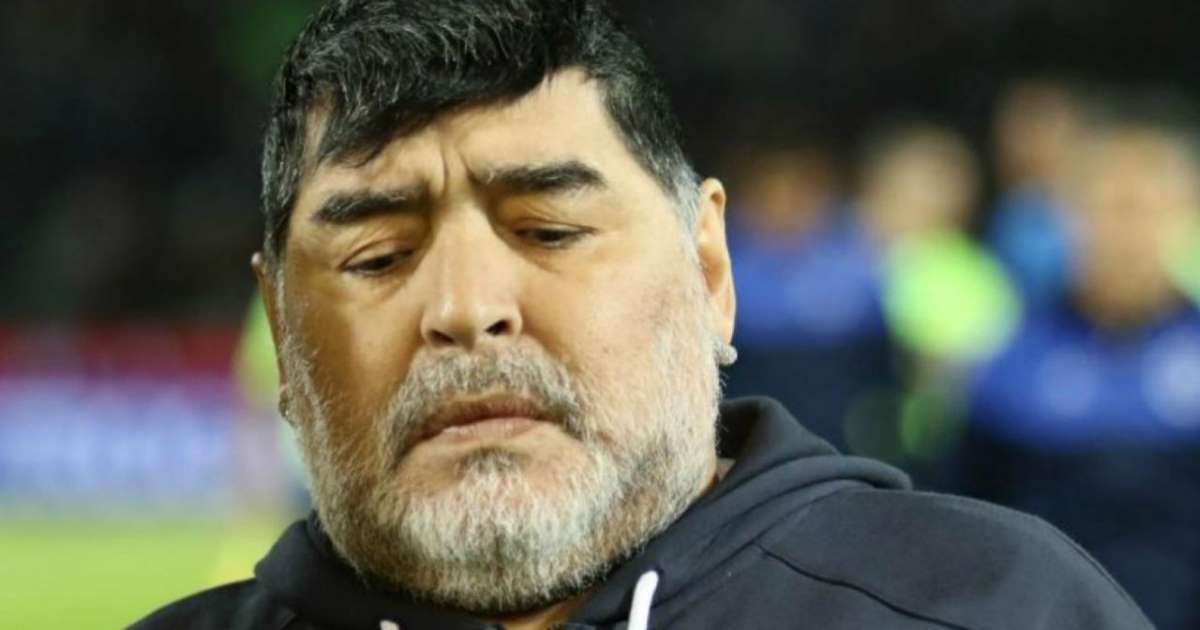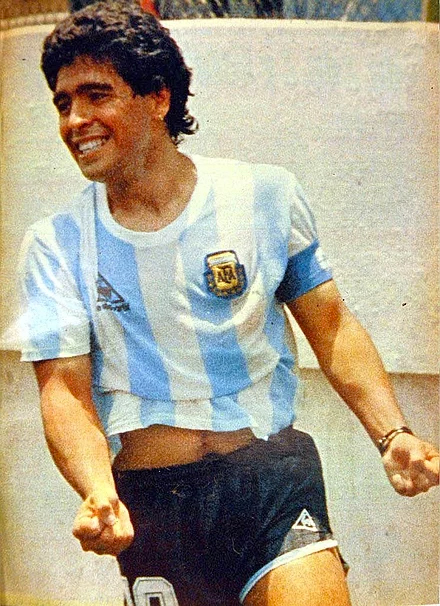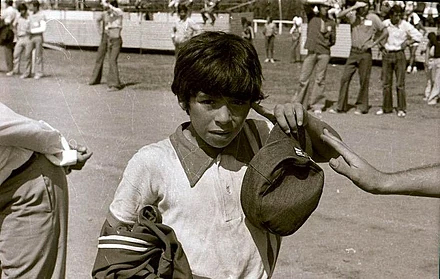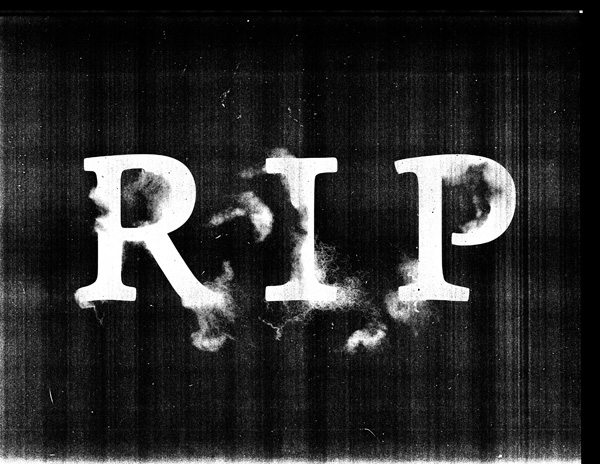
Diego Maradona has died from a heart attack on November 25, 2020 while at home in Buenos Aires, Argentina. The unfortunate incident comes just two weeks after the soccer legend was discharged from hospital after a successful brain surgery. He was 60 years old.
Less than a month after he turned 60, Diego Maradona has suffered a heart attack at home and did not make it. According to his lawyer Matias Morlahas, it happened just a couple of weeks after he had undergone an emergency brain surgery to treat a subdural hematoma, a type of bleeding usually associated with a traumatic brain injury.
Achievements

To many people, Diego Maradona is best remembered as the boy who rose from poverty of the Buenos Aires slums and became one of the greatest ever in Argentine soccer history, thanks to the Hand of God goal that knocked England out of Mexico 86.
In 2001, FIFA named Maradona one of the two greatest in the sport's history, alongside Pele.
An advanced playmaker who wore the classic number 10 position, Maradona was the first player in football history to set the world record transfer fee, twice. First, when he transferred to Barcelona for a then-world record £5 million. Second, when he transferred to Napoli for another record fee £6.9 million.
In his international career with Argentina, he earned 91 caps and scored 34 goals. Maradona played in four FIFA World Cups, including the 1986 World Cup in Mexico where he captained Argentina and led them to victory over West Germany in the final, and won the Golden Ball as the tournament's best player. In the 1986 World Cup quarter final, he scored both goals in a 2-1 victory over England that entered football history for two reasons. The first goal was an unpenalized handling foul called the "Hand of God", while the second goal followed a 60 m (66 yd) dribble past five England players, voted "Goal of the Century" by FIFA.com voters in 2002.
His soccer career also included turns on the pitch for Barcelona, Sevilla, Boca Juniors and Newell's Old Boys and he was most recently manager of Gimnasia y Esgrima in La Plata, Argentina.
He also managed the Argentinian national team at the South Africa World Cup in 2010.
A Look into the Soccer Legend's Life
 Diego Armando Maradona Franco was born in Lanús, Buenos Aires on October 30, 1960 to a Roman Catholic family. He was the fifth of eight children.
Diego Armando Maradona Franco was born in Lanús, Buenos Aires on October 30, 1960 to a Roman Catholic family. He was the fifth of eight children.
He was very close to his parents and siblings, as proven during a 1990 interview when he revealed stacks of phone bills showing he had spent around US$15,000 a month calling his family.
Though poor, they were very close-knit. When he reached three years old, he received his first football as a gift in which he quickly fell in love with the game of football. In Argentina, the sport plays an important part in its culture.
At the age of 10, Maradona had joined Los Cebollitas - the youth team of Argentinos Juniors, one of the largest clubs in Argentina - leading them to an amazing 136-game undefeated streak.
He was even given the nickname "El Pibe de Oro", which means "The Golden Boy".
Shortly before his 16th birthday, he made his first professional debut for the club's senior team, before going on to play for Bocca Juniors, Barcelona and Napoli, making a total of 491 professional appearances and 91 for the national team.
Despite his highly successful soccer career and1984 marriage to his childhood sweetheart Claudia Villafane, Maradona became addicted to cocaine, which he first started using in Barcelona in 1982.
By the time he was playing for Napoli (in the southern Italian city of Naples), his addiction became so severe that it began to interfere with his prowess in soccer. During his time in Naples, Maradona catapulted to the status of a demi-god in the city after he helped win Napoli its first European competition - the UEFA cup, and two league championships.
He was having a hard time dealing with his fame - unable to go anywhere in the city without being bothered by the media and playing for a club he wanted to leave - all these while he was in the depths of a cocaine addiction. It was in the city that Maradona enlisted the services of a notorious mafia crew named Camorra, who offered him protection.
With the Camorra, he indulged further in his habits of partying, taking hard drugs and he was reportedly having multiple affairs, enjoying the company of women other than his wife.
After police tapped a phone call from a prostitute in January 1991, charges were brought against Maradona for cocaine possession and distribution, and in April the same year a blood test found traces of the drug, leading to a 15-months ban from football.
From Italy, he fled to Argentina, but was arrested there for cocaine possession as well, and he was tearful when he was being led away by police.
In 1994, eight years after his heroic World Cup-winning performances in 1986, Maradona's drug issues were revealed to the world in a manic celebration against Greece during the World Cup group game in the United States. After scoring a goal, the then 33-year-old wheeled away in celebration, shouting maniacally into a pitch-side camera.
Not long after the goal, Maradona was dismissed from international duties and was sent home from the World Cup after he tested positive for five variants of ephedrine - a performance enhancing drug banned by football's governing body.
In 1998, a year after he retired from professional football, he received 2 years and 10 months of prison sentence after an incident in which he shot an air rifle at reporters. The incident happened in February 1994 - four injuries were reported after Maradona became angry at journalists showing up at his Buenos Aires home.
Maradona was also prone to put on weight quickly, suffering from obesity as he got older. There was a time he weighed 135 kgs (280 lbs) and was obese at the end of his playing career.
As the years went by since his retirement from the sport, he suffered from a plethora of health issues. He almost died of cocaine-induced heart failure in 2000, undergoing years of rehab afterwards. He later said he overcame the drug problem saying cocaine had proven to be his "toughest rival". He underwent a gastric bypass in 2005, was re-admitted to hospital in 2007 and treated for alcohol-induced hepatitis, and also underwent surgery for a hernia in 2019.
In January he had surgery to stop some bleeding in his stomach and in July he had a knee operation.
Unfortunate Passing
 On 3pm of Wednesday, November 25, nine ambulances were called to his house in the exclusive gated neighborhood of San Andres located north of Buenos Aires where he was staying after he left the hospital.
On 3pm of Wednesday, November 25, nine ambulances were called to his house in the exclusive gated neighborhood of San Andres located north of Buenos Aires where he was staying after he left the hospital.
Maradona had an early lunch and informed his caretaker he wanted to take a nap as he wasn't feeling well.
According to local reports, one of the nurses who was taking care of him alerted the paramedics after discovering he had suffered a suspected heart attack.
None of the paramedics who rushed to the scene were able to save him.
Cesar Luis Menotti, Argentina's former manager, said, "I'm devastated. I can't believe it. I'm absolutely gutted. There's no more I can say at this moment. I thought at first the news of his death was fake news but obviously it's what happened. It's terrible and a tragic surprise because measures had been taken to make sure he was being looked after."
Nothing suspicious was seen surrounding his death, but as part of a routine investigation, state prosecutors will visit the house where the soccer legend passed away. A team of psychologists will also visit the property.
Honoring Maradona
In recent years, Maradona has actually been plagued by various health issues. Upon hearing news of his death, President Alberto Fernandez issued three days of national mourning to honor their legendary soccer icon.
UEFA also announced that Maradona will be honored by a moment's silence before Wednesday night's Champions League games.
The Argentine Football Association released a statement in social media, expressing their "deepest sorrow for the death of our legend", saying "You will always be in our hearts."
Maradona is survived by five children and his wife Claudia Villafane.
Source:
https://www.dailymail.co.uk/sport/football/article-8986821/Diego-Maradona-died-suffering-cardiac-arrest-according-reports.html
https://en.wikipedia.org/wiki/Diego_Maradona

